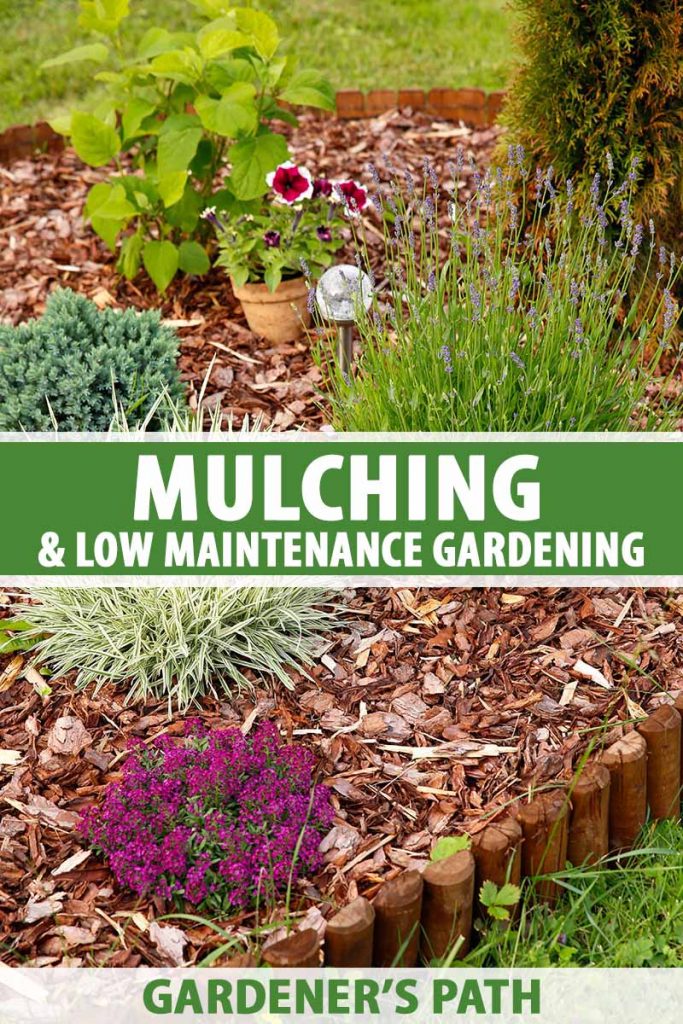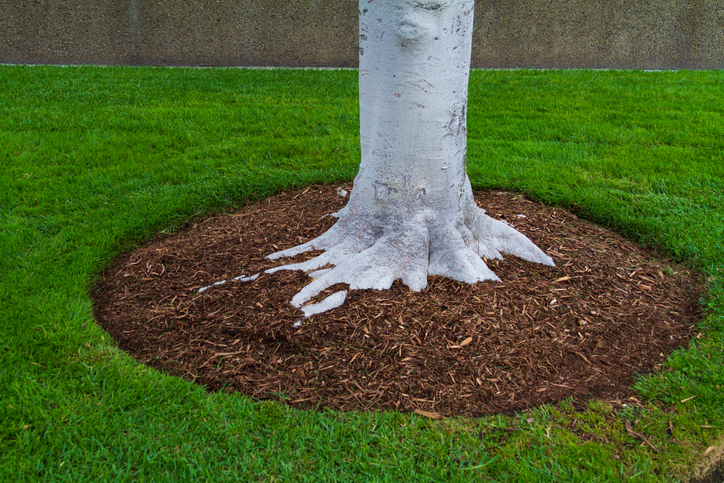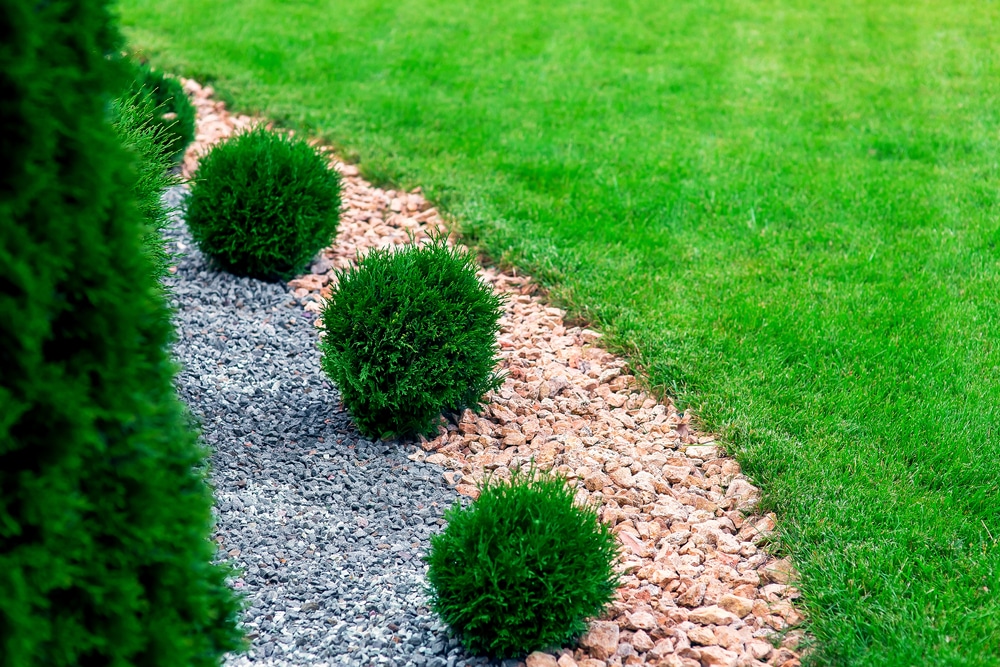Organic Bark Mulch: The Allnatural Way To Improve Your Garden
Organic Bark Mulch: The All-Natural Way to Improve Your Garden
Mulch is a layer of material that is applied to the surface of the soil in gardens and other areas of landscaping. It serves a variety of purposes, including:
- Protecting the soil from erosion. Mulch helps to hold the soil in place, preventing it from washing away or blowing away during heavy rains or windy conditions.
- Retaining moisture in the soil. Mulch helps to slow down evaporation, which can help to keep the soil moist and healthy for plants.
- Suppressing weed growth. Mulch creates a barrier that makes it difficult for weeds to germinate and grow.
- Attracting beneficial insects and animals. Mulch can provide food and shelter for beneficial insects and animals, such as earthworms, ladybugs, and birds. These creatures can help to control pests and improve the overall health of your garden.
Of all the different types of mulch available, organic bark mulch is one of the most popular choices. It is made from the bark of trees, such as pine, cedar, and oak. Organic bark mulch has a number of advantages over other types of mulch, including:
- It is naturally attractive. The rich colors and textures of organic bark mulch can add a touch of beauty to any garden.
- It is long-lasting. Organic bark mulch can last for several years, which means you won't have to reapply it as often as other types of mulch.
- It is beneficial to the soil. As organic bark mulch breaks down, it adds nutrients to the soil, helping to improve its health and fertility.
If you are looking for a long-lasting, attractive, and beneficial mulch for your garden, organic bark mulch is a great option.
Here are some of the specific benefits of using organic bark mulch in your garden:
- Improves soil health. As organic bark mulch breaks down, it releases nutrients into the soil, helping to improve its fertility and drainage. This can lead to healthier plants that are more resistant to pests and diseases.
- Retains moisture. The porous nature of organic bark mulch helps to retain moisture in the soil, which can be especially beneficial during hot, dry weather. This can help to reduce your watering needs and keep your plants healthy.
- Suppresses weed growth. The thick layer of organic bark mulch creates a barrier that makes it difficult for weeds to germinate and grow. This can save you time and effort in weeding your garden.
- Attracts beneficial insects. The decaying organic matter in bark mulch provides food and shelter for beneficial insects, such as earthworms, ladybugs, and spiders. These creatures can help to control pests and improve the overall health of your garden.
- Reduces erosion. The bark mulch helps to hold the soil in place, preventing it from washing away or blowing away during heavy rains or windy conditions. This can help to protect your plants and prevent soil contamination.
If you are considering using organic bark mulch in your garden, here are a few tips to keep in mind:
- Choose the right type of bark mulch. There are many different types of organic bark mulch available, so it is important to choose the right one for your needs. If you have a vegetable garden, you will want to choose a type of bark mulch that is free of pesticides and herbicides.
- Apply the mulch correctly. The thickness of the mulch layer will vary depending on the type of plants you are growing and the climate in your area. In general, you will want to apply a layer of mulch that is 2-4 inches thick.
- Reapply the mulch as needed. Over time, the bark mulch will break down and decompose. You will need to reapply the mulch every year or two to maintain the benefits it provides.
Organic bark mulch is a versatile and beneficial material that can be used to improve the health and appearance of your garden. With a little planning and effort, you can enjoy the many benefits of organic bark mulch for years to come.
Organic bark mulch is a great way to improve the health and appearance of your garden. It helps to retain moisture in the soil, suppress weeds, and prevent erosion. It also adds organic matter to the soil, which helps to improve drainage and fertility.
If you're looking for a high-quality organic bark mulch, I recommend visiting Garden Wiki. They offer a wide variety of mulches, including hardwood bark, pine bark, and cedar bark. They also have a variety of colors and textures to choose from.
In addition to their wide selection of mulches, Garden Wiki also offers a wealth of information about organic gardening. Their website has articles on everything from how to choose the right mulch for your garden to how to install a drip irrigation system.
So if you're looking for a high-quality organic bark mulch and you want to learn more about organic gardening, I recommend visiting Garden Wiki. You won't be disappointed.
FAQ of organic bark mulch
1. What is organic bark mulch?
Organic bark mulch is a natural material made from shredded or chipped tree bark. It is a popular choice for mulching around trees, shrubs, and flowers because it is attractive, helps to retain moisture in the soil, and suppresses weed growth.
2. Where does bark mulch come from?
Bark mulch is typically made from the bark of pine, cedar, or hardwood trees. The bark is first shredded or chipped, then screened to remove any large pieces. The mulch is then dyed or left natural, depending on the desired color.
3. What are the benefits of using organic bark mulch?
Organic bark mulch offers a number of benefits for gardens and landscapes, including:
- Retains moisture in the soil, which helps plants to grow healthier and more drought-tolerant.
- Suppresses weed growth by blocking sunlight and creating a barrier that weeds cannot penetrate.
- Improves drainage by aerating the soil and allowing excess water to evaporate.
- Helps to regulate soil temperature, keeping it cooler in the summer and warmer in the winter.
- Provides a habitat for beneficial insects and other wildlife.
4. How much bark mulch do I need?
The amount of bark mulch you need will depend on the size of the area you are mulching. As a general rule of thumb, you will need about 2-3 inches of mulch.
5. How often do I need to reapply bark mulch?
Bark mulch will eventually break down and decompose, so you will need to reapply it every few years. The frequency of reapplication will depend on the type of mulch, the climate, and the amount of foot traffic in the area.
Image of organic bark mulch
- Image 1: A pile of organic bark mulch in a garden. The mulch is a light brown color and has a coarse texture.

- Image 2: A bed of flowers covered in organic bark mulch. The mulch helps to keep the soil moist and prevents weeds from growing.
- Image 3: A tree surrounded by organic bark mulch. The mulch helps to improve the drainage around the tree and prevent the roots from getting too hot.

- Image 4: A walkway lined with organic bark mulch. The mulch helps to create a natural-looking path and prevents weeds from growing between the pavers.

- Image 5: A vegetable garden with organic bark mulch between the rows. The mulch helps to suppress weeds, retain moisture, and improve the soil quality.

Post a Comment for "Organic Bark Mulch: The Allnatural Way To Improve Your Garden"